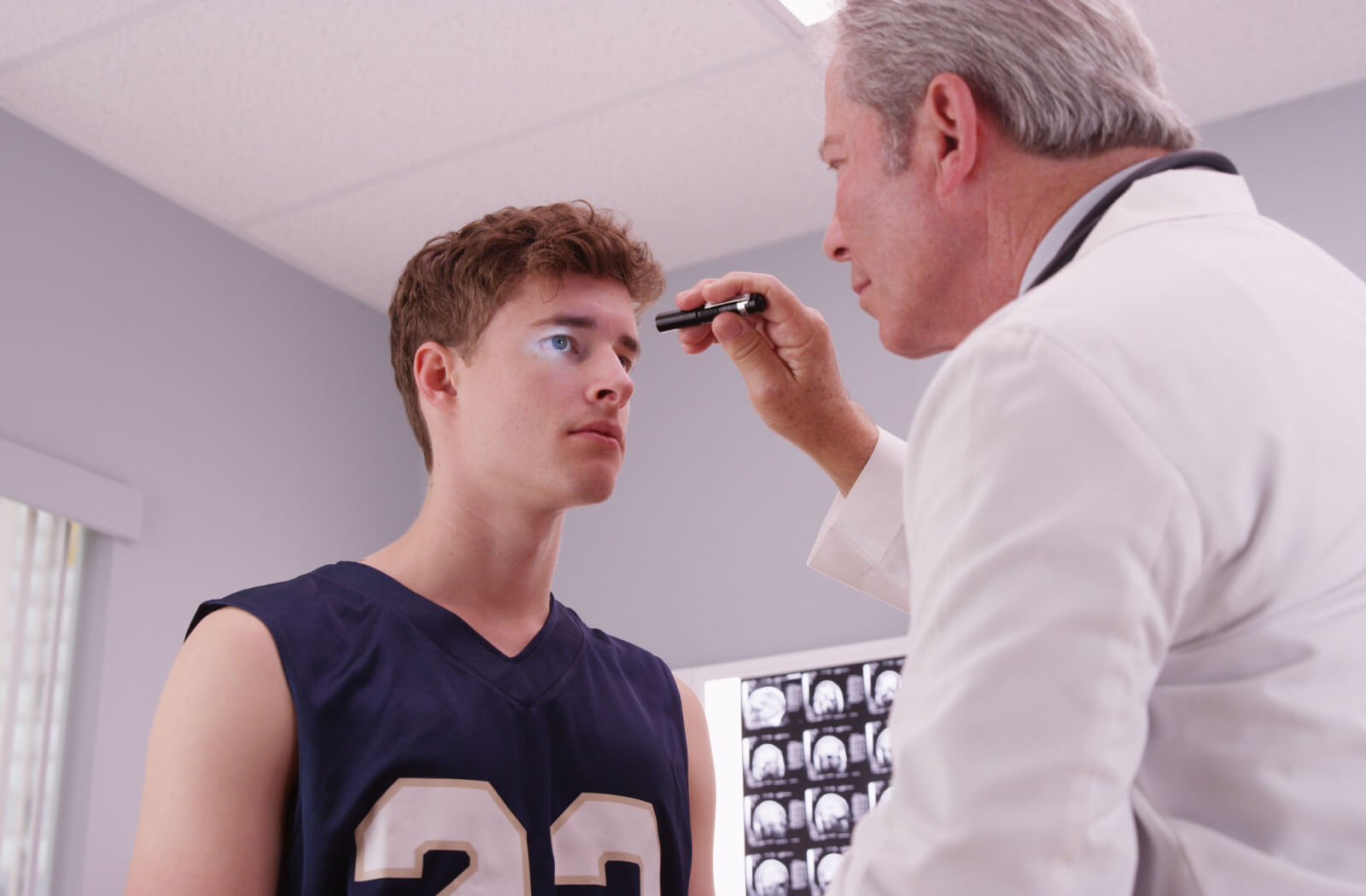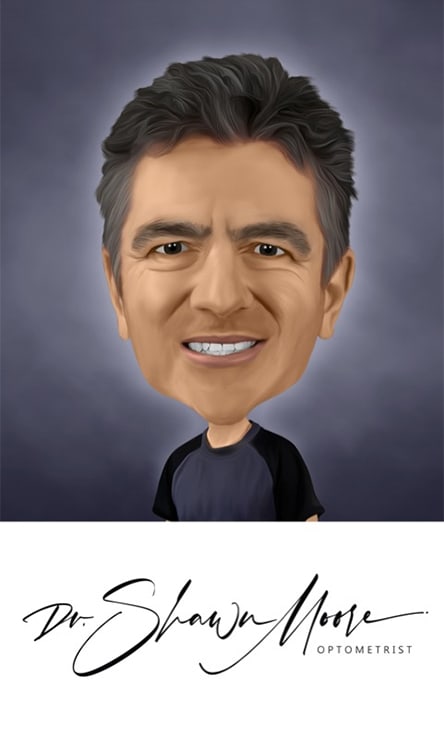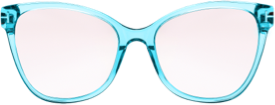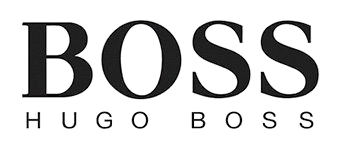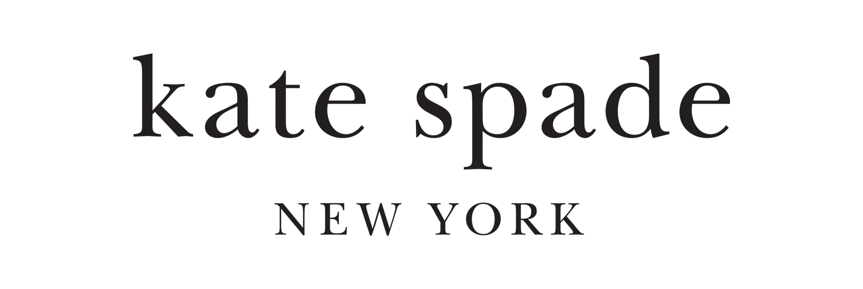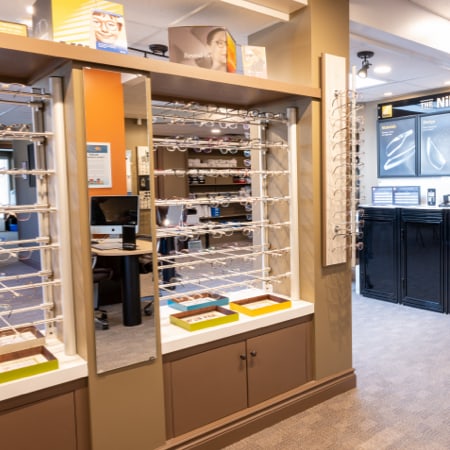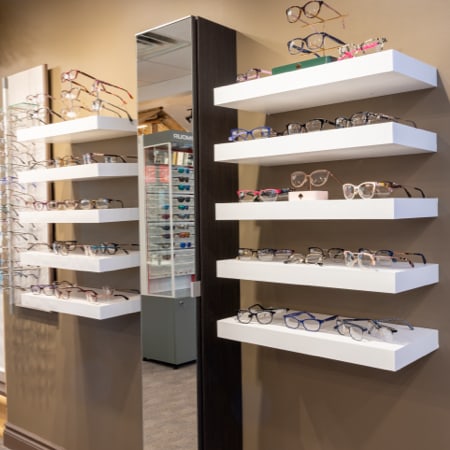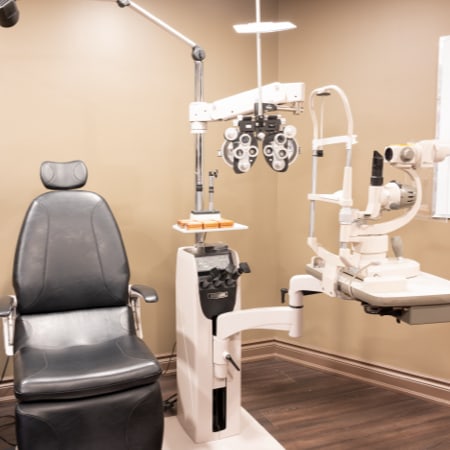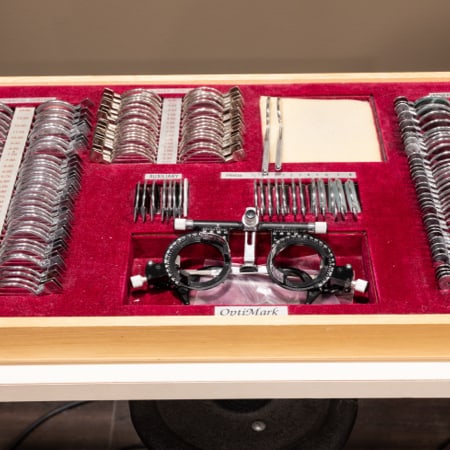Concussions can be devastating for those who suffer from them, particularly for athletes who just want to get back into the game. You want to be on the field, for sure, but concussions aren’t something to shrug off.
Although you may be familiar with the symptoms of a concussion, like headaches and dizziness, you may not be aware of the subtle yet profound effects on your vision. You may experience changes to your eyesight, such as blurriness, trouble focusing, and eye pain.
The good news is that these changes are treatable. Through a comprehensive eye exam, your optometrist can determine the effects of your concussion on your eyes and develop a comprehensive treatment plan to address your issues. They can use powerful strategies that involve vision therapy that could help you recover from chronic concussion symptoms and get back in the game.
Symptoms of a Concussion
Concussions are one of the most common injuries in sports, affecting about 200,000 Canadians every year. A concussion occurs when a blow to the head or body causes the brain to move within the skull, knocking it around the inside like ice in a shaker and leading to various neurological and physical symptoms.
As with any injury, concussions affect people differently. You might experience some or all of these symptoms:
- Dizziness
- Headaches and migraines
- Fatigue
- Trouble sleeping
- Ringing in the ears
- Nausea
- Fogginess
- Memory and focusing issues
There’s also a high chance you’ll experience vision issues; 90% of patients do. These changes can be subtle, but when untreated, they can severely affect your daily life. Visual symptoms of concussions include:
- Blurry vision
- Double vision
- Trouble following moving objects
- Eye strain
- Loss of eye alignment
- Light sensitivity
- Poor depth perception
Symptoms can be temporary or long-lasting and range from mild to severe. Whatever the case, if you’re experiencing any of these symptoms after an impact to your head, visit your doctor.
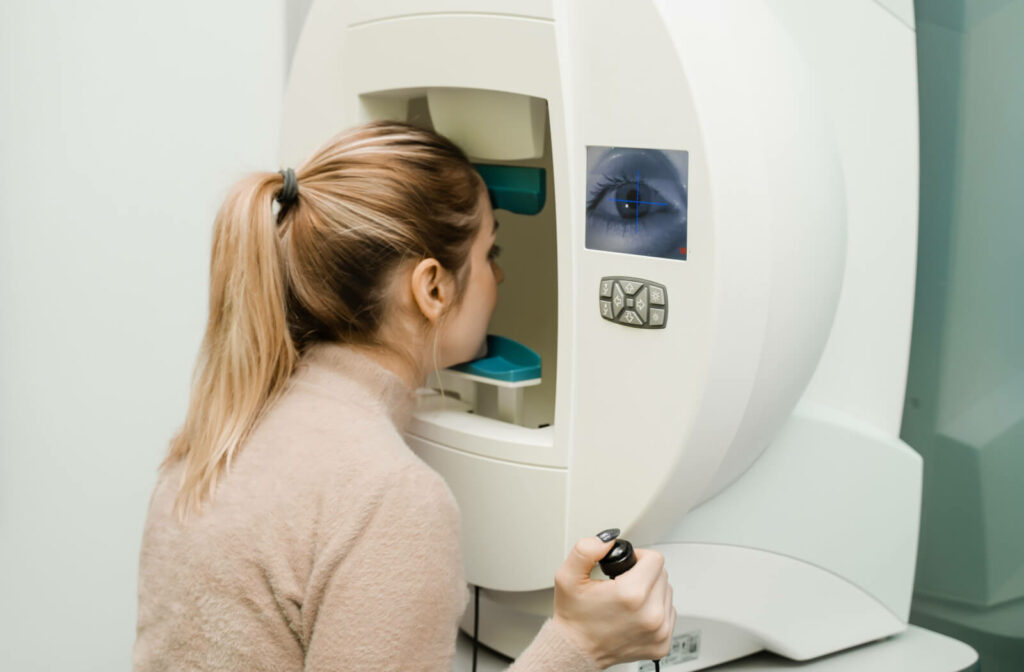
How to Check Your Eyes After Hitting Your Head or a Concussion
Diagnosing a concussion can be challenging, as many symptoms can be similar to other conditions or injuries. If you suspect that you have a concussion, the best thing to do is to see a healthcare professional who can evaluate your symptoms and perform a neurological exam. Depending on the severity of your injury, you may also need imaging tests, such as CT scans or MRIs, to rule out other potential causes.
If a doctor confirms you’ve sustained a concussion, you should have your vision tested by an optometrist. A comprehensive eye exam can help identify changes in your vision following the injury and determine the best course of treatment.
A thorough vision exam after a concussion can take up to an hour or more, and will involve many tests, including:
- Convergence testing: Convergence insufficiency is when the eyes struggle to focus together on a nearby object. This can cause eye strain, headaches, and difficulty reading. A simple test for this condition involves looking at a pencil as it moves toward the nose.
- Tracking: Saccades are rapid movements made by the eyes when looking at different objects. Pursuits occur while you follow a target smoothly. Checking your tracking measures the speed and accuracy of these movements, helping identify abnormalities in the eyes’ ability to track objects or accurately move to the next object.
- Focussing: Accommodative insufficiency occurs when the eyes can no longer exert the focussing power needed to keep near objects in focus. This can cause blurred vision, headaches, eye strain, and the inability to read or use a computer.
Vision Therapy for Concussions
First things first—what exactly is vision therapy? Simply put, it’s an exercise-based treatment plan designed to improve a person’s visual processing and perception abilities, including eye teaming, depth perception, focusing, and visual tracking.
When you sustain a concussion, your visual abilities can become impaired due to damage to the brain and a disruption of the nerves that control your vision. Essentially, your eyes are doing what they’re supposed to do, but there’s a communication breakdown with the brain. This is sometimes called post-trauma vision syndrome (PTVS).
Vision Therapy Exercises
So, how does vision therapy help with concussion recovery? It retrains the brain through exercises designed to enhance and improve visual function to help reduce headaches and dizziness, improve focus and concentration, and improve balance and coordination.
Vision therapy involves working on your eye movements and balance function to improve visual perception. Exercises can include tracking moving objects or using specialized lenses and prisms to help your eyes focus. Vision therapy is about far more than simply exercises, after all.
But vision therapy isn’t a one-size-fits-all solution. Each program is tailored to the individual patient based on their needs and symptoms. Your vision therapist will evaluate your visual function to create an evidence-based, personalized plan to help you restore your visual processing and perception abilities.
Recovering Your Visual Skills
Concussions can have a significant impact on your vision. Still, proper diagnosis, treatment, and care may help prevent long-term damage.
Vision therapy may be the key to unlocking your recovery if you’re struggling with visual impairment after a concussion. But if you need help opening that door, Orillia Optometry offers optometrist-led vision therapy programs for both children and adults.
Don’t let dysfunctional vision hold you back from living your life—contact our team today and let vision therapy be a part of your concussion recovery plan.

